Alhaji Mamman Shata is a revered musician from the northern part of Nigeria. He was well known by the Hausa and non-Hausa speakers. He is considered amongst the most iconic and well-versed musicians as his music had spread well across the Hausa speaking individuals of West Africa for about half a century. Also, he is said to have sung across all possible topics; ranging from politics, agriculture, culture, religion and much more.
Early Life of Shata
Born Mamman Ibrahim Yaro to a Fulani family in 1923 in Musawa of today’s Katsina State. His father, Ibrahim Yaro’s ancestry is traced to the Fulani of Sanyinna in the Sokoto area. His mother, Lariya, was of the Fulata-Borno, the Fulani people who migrated from the Borno Empire after the Jihad of 1804. Musawa village was under the Katsina Authority when Shata was born.
When Musawa was created, it was under the Kankia Local Government. It is a Local Government of its own today.
Schooling and Educaion
Mamman Shata attended Islamic School when he was a young boy. It was a customary act for every child to be trained in the Islamic etiquettes from an early age.
How Did He Get The Name “Shata” ?
Alhaji Shata is said to have gotten his pseudonym of Shata’ from a man called Baba Salamu, who was his relative. When Mamman Shata was young, he sold kola nuts and afterwards would share the profit to random people he met on the way home or in the market square, usually coming back empty-handed.
When he was asked about his gains, he answered, “Na yi shata da su,” i.e. he had given it away. This was the genesis that made Baba Salamu call him ‘Mai-Shata’, meaning one who squanders away his gains. He later ventured into the sales of sweet locally known as alewa.
Early Music Career of Mamman Shata
Shata’s father didn’t fancy the idea of his son becoming a musician because it was considered a form of begging or praise-singing is known as ‘en roko’.
Mamman Shata’s persistence to be a musician was considered as rebellion against the normal expectations of the young men in the community who majorly ventured into farming or trading.
Shata initially started singing for fun with other youths in the village at the village centres known as ‘’dandali’’ after evening meals. After a while, his talent became apparent that he indeed was the most talented in his village. But he, like the other youths, merely engaged in it for fun and not for monetary gains.
Career Breakthrough
Mamman Shata later stopped selling sweets and completely ventured into music or praise-singing full-time. This newfound job took him to many villages in the Musawa area.
After moving about for a while, Shata decided to settle in Bakori after Abdullahi Inde, his benefactor who was a prince of Musawa and worked as a Native Authority official, asked Shata to move there.
In Bakori, Mamman Shata married his first wife, popularly known as Iya. They had a daughter, Amina, who unfortunately died in infancy.
Shata travelled with his group to far places such as Kano, which he first visited in the late ’40s and Katsina, having his base back at Bakori.
His fame began to become apparent in 1952 at Kano after he performed at a wedding part known as “Bikin ‘Yan Sarki” where some 12 notable Kano princes married.
He relocated to Funtua In 1960, considered a more cosmopolitan town not far from Bakori. Funtua then became Shata’s home for about forty years – up until his death.
Despite his form of music being predominantly praise-singing, Mamman Shata is reported to have refused to sing for many high-ranking individuals who had asked him to. However, he decided to sing for commoners.
Alhaji Mamman Shata spent about 50–60 years in the music industry. He is reported to have produced over 40 to 50 albums throughout his career. Mamman Shata is reported to have said he could not recall how many songs he produced. Many of his songs, especially those he produced in his teens, were not recorded.
Political Career of Shata
It is not popularly known that Mamman Shata participated actively in partisan politics throughout his life. His political inclination was mainly left-winged, contrary to that of his sponsors and benefactors who were mostly on the right.
In the 1950s, during the First Republic, he had aligned himself to Aminu Kano’s NEPU party, which was considered a left-wing party, as many of their ideals opposed that of the right-wing NPC of Sir Ahmadu Bello and the majority of the traditional leaders.
In the 1970s, he won an election, becoming a Councilor under Kankia Local Government Area of the then Kaduna State.
Mamman Shata was elected as the chairman of SDP during the Third Republic in Funtua Local Government Area. He was later impeached from the position. This was due to his left-wing inclination and also for being against retired Major-General Shehu Musa Yar’Adua, the party’s main financier in Katsina State.
Mamman Shata wasn’t able to participate much in the politics of the civilian government of Chief Olusegun Obasanjo in 1999 due to his ill-health.
Shata’s Death
Alhaji Mamman Shata suffered an illness that made him very uncomfortable. The Illness reached to a point that he was hospitalized in Kano and then flown to Jeddah, Saudi Arabia. After the operation in Jeddah on his urethra, he got some relief. After his return to Nigeria, he was then re-hospitalized in the Aminu Kano Teaching Hospital, Kano, where he died on 18th June 1999.
The Family of Shata
As at the time of Alhaji Mamman Shata’s death, he had three wives; Furera, Hadiza, and Binta, 19 children, and 28 grandchildren. He was buried in Daura Local Government Area of Katsina state and Emir Muhammadu Bashar, his benefactor was present at the funeral.
Awards, Honours, and Legacies
Shata has visited many countries due to his music, especially in West Africa. He had also travelled out of the continent to Saudi Arabia for the Hajj pilgrimage, he had also visited the United Kingdom, France and the United States of America.
Shata had sung for every topic conceivable to him, from agriculture, culture, religion, economy, politics, military, morality and etiquettes, animals, trade, etc. He had produced over 10,000 songs, many of which were not produced. To many, Alhaji Mamman Shata remains the greatest ever Hausa, singer.
Shata is also known for his great dancing skills.
Mamman Shata received many awards during his lifetime. The awards included those from the Federal Government (which made him the Member of the Order of the Niger, MON), the U.S. Embassy in Nigeria, the Performing Musicians Association of Nigeria (PMAN), the Kano State Government, an honorary doctorate by Ahmadu Bello University in recognition for his contribution to national development, as well as the University of California, Los Angeles.
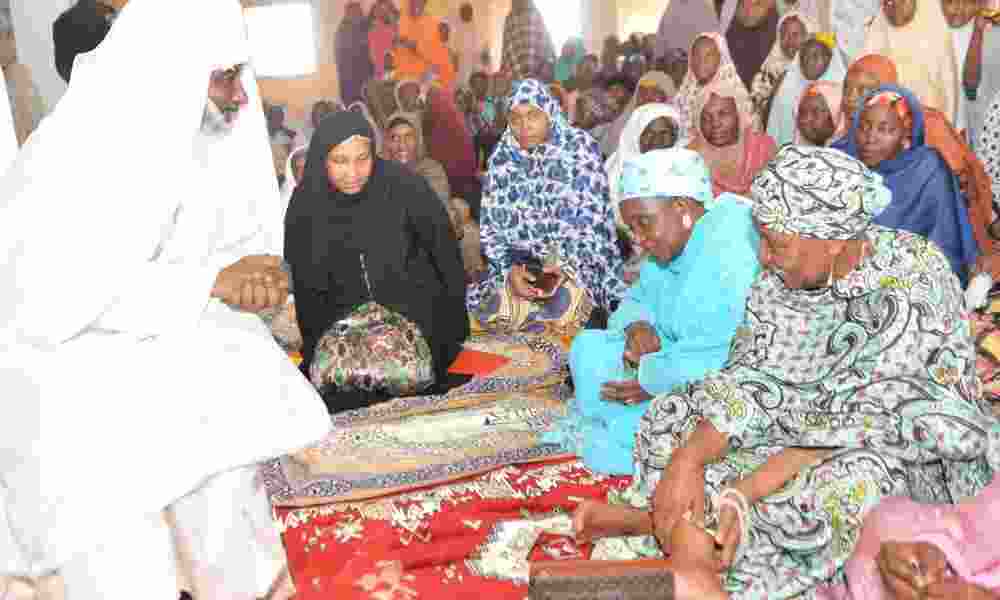


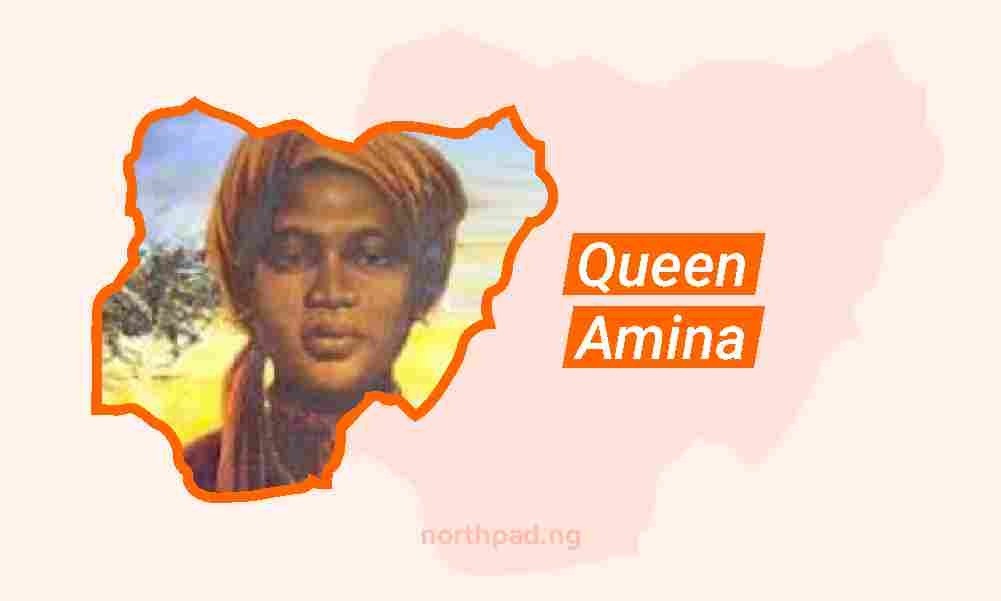
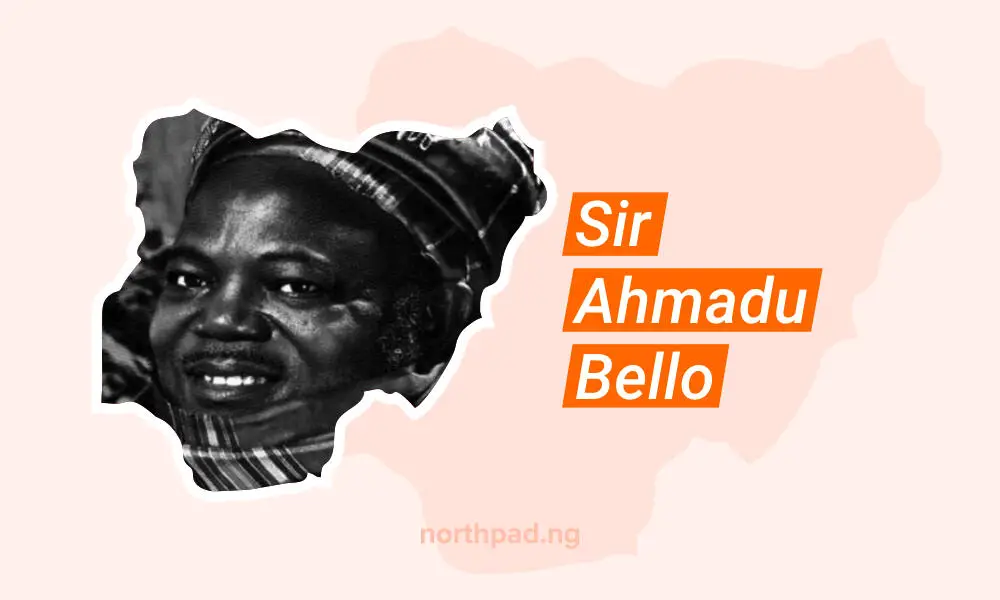



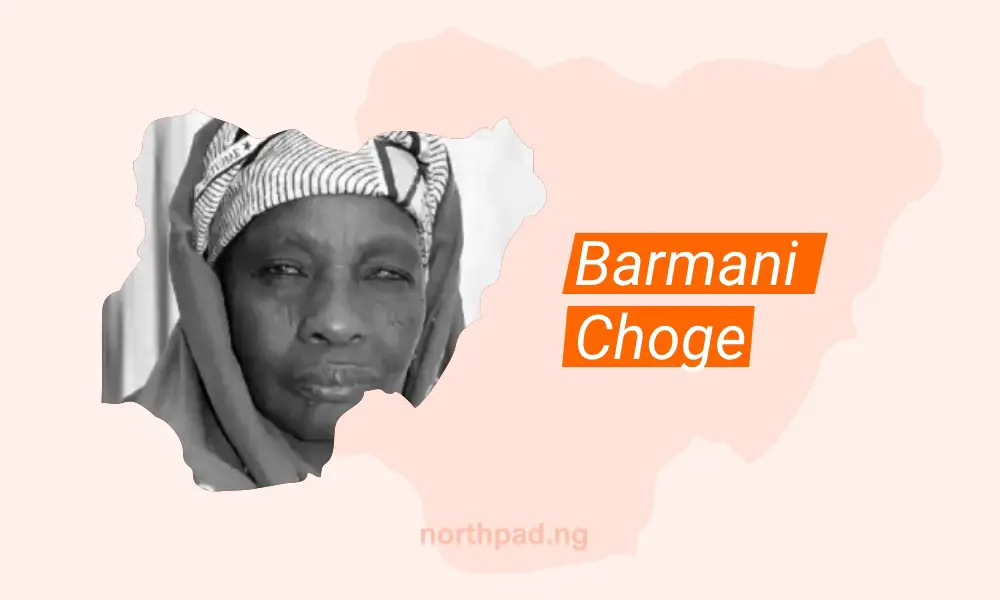
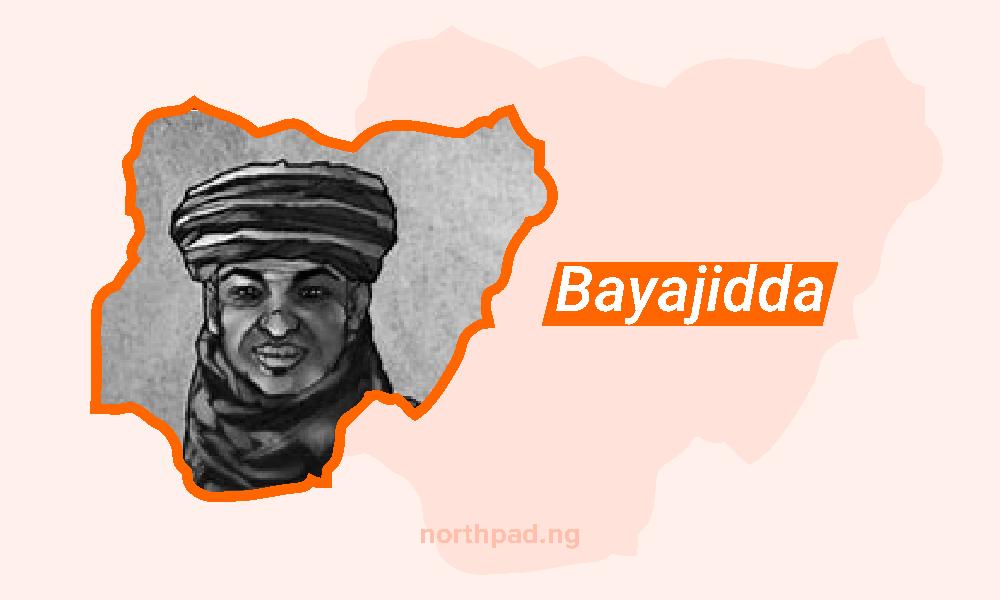
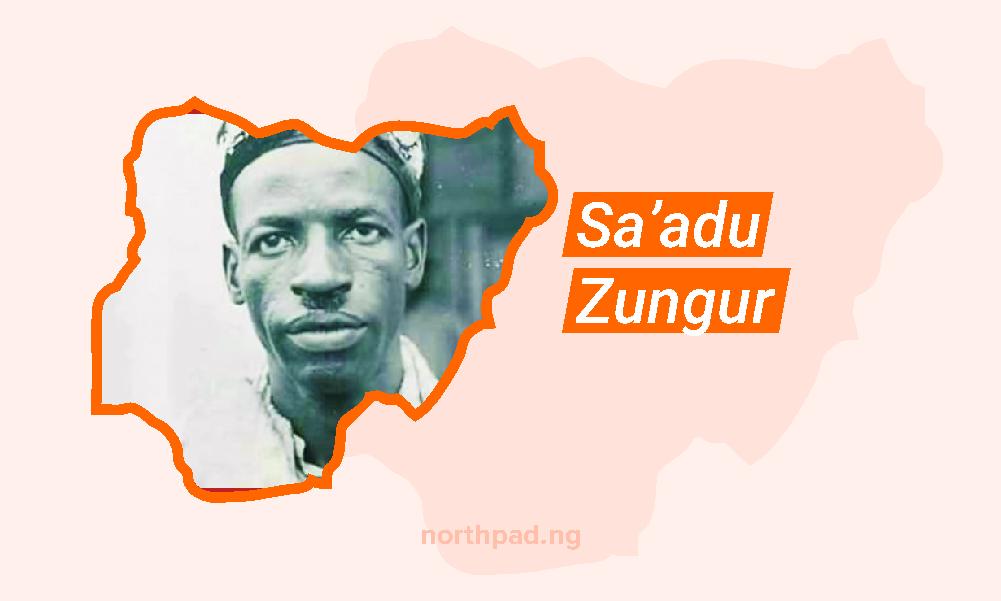
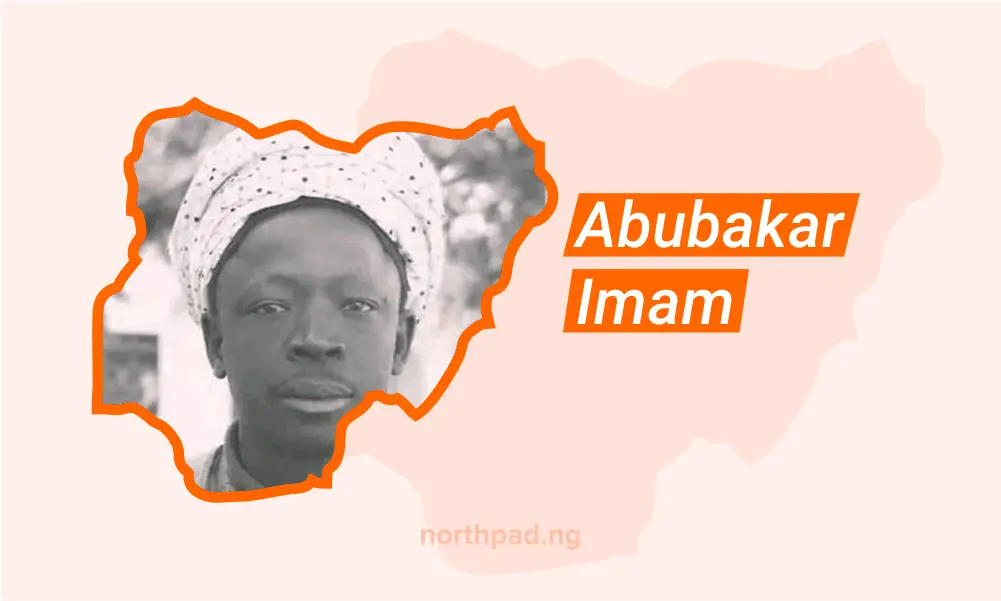
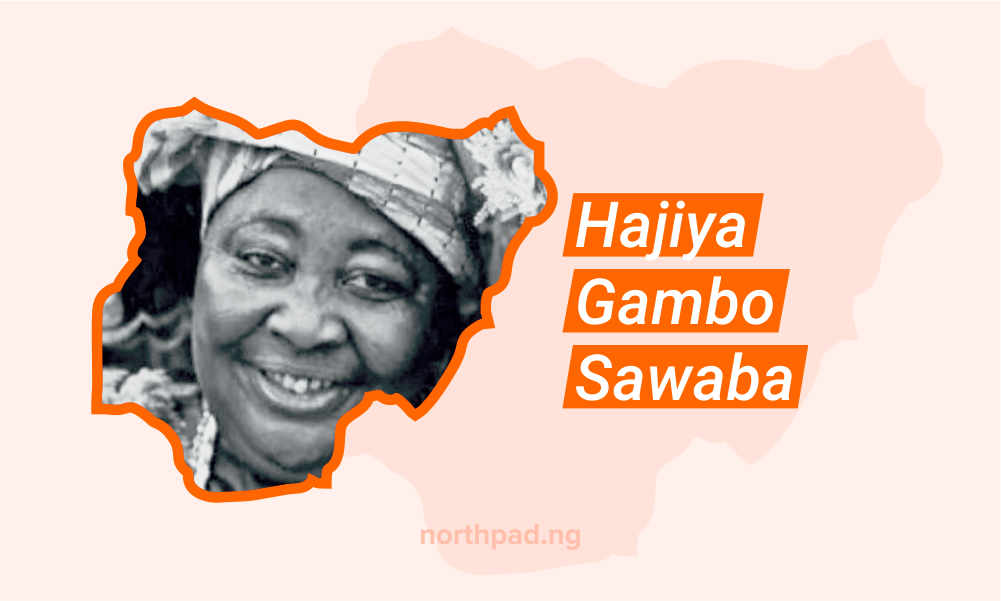
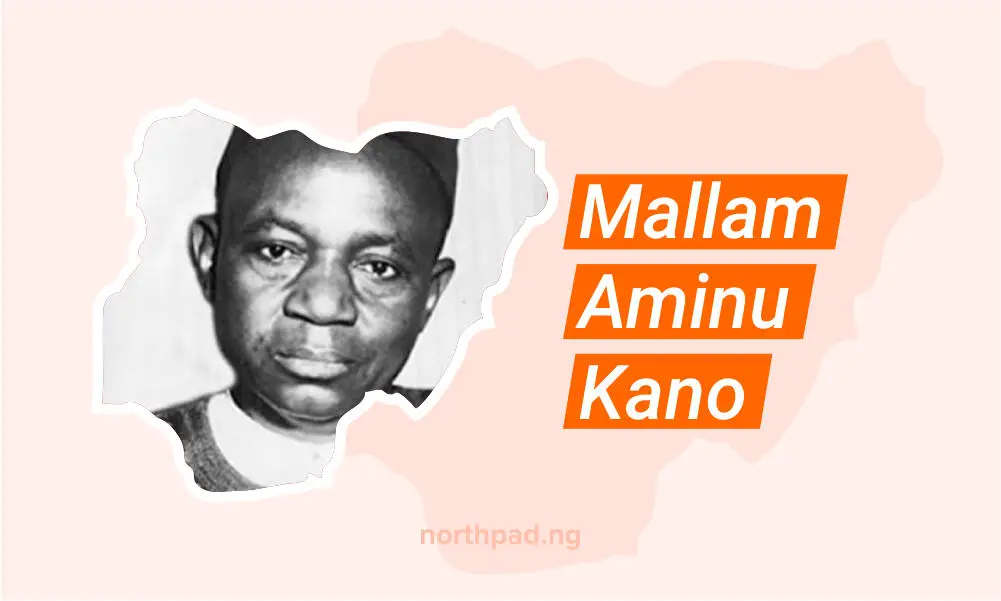
0 Comments